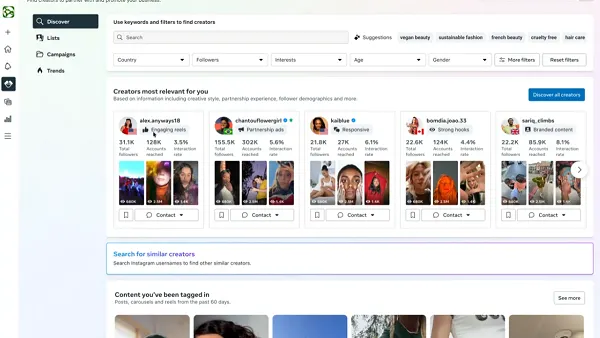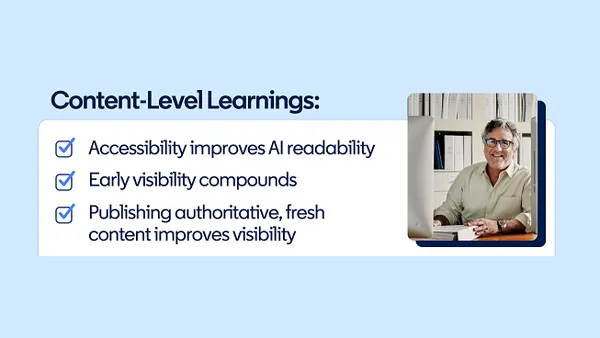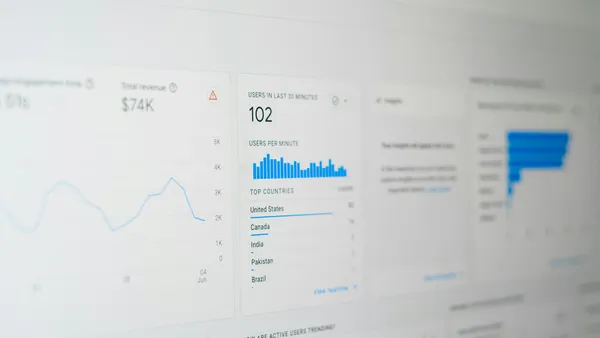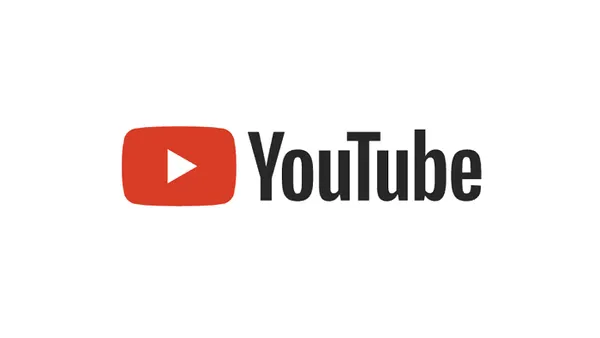
Remember the early days of websites? The navigation was so formulaic. Almost every site had the requisite pages - "Home", "About Us", "Contact". Plenty of website owners tried to be creative but the reason that these pages had become a formula is because essentially, these pages contained the backbone of information that the user or customer wanted to see.
And then along came blogs.
I often ask people what they think the most important page of their blog is. What is the very first thing that they should do when they start a new blog, and I am generally reasonably pleased because quite a few of them recognise that the "About Me" page is still one of the first considerations. In fact, I would go so far as to say that it is THE most important consideration. Think about it - your blog is designed to demonstrate the skills, personality and expertise of yourself or your company. It is supposed to come from you and be expressed in your words. But your users can only glean so much from what you write in a post. What they want to know very quickly is who you are, what you stand for and what it is you are blogging for.
I know that the About page is probably the first page I go to after I have been directed to or have found a blog. That page should tell me the following:
a) Who is this person? Is it someone I know? Do they have a name or a picture so I can recognise them?
b) What skills or expertise does this person have? I might have arrived at a post which talks about care of office plants. Does that mean this person is a gardener, an office manager, a Feng Shui expert, a business advisor? What other things are they likely to know or talk about which might interest me?
c) Where is this person? Are they in the same city or country? Could I look out for a talk they are giving, or try and catch up with them for a coffee?
d) What does this person stand for? Are they blogging simply to sell their products, or to discuss their particular brand of politics, or to help others out? Is that motive something which interests me or fits with my own thoughts and beliefs?
e) What else does this person do/like aside from the specific topic addressed on the blog? Perhaps I have something else in common with them or have already come across them somewhere else on the internet.
f) How do I contact this person if I want to speak to them, or ask them to guest post for me?
Ultimately, the question is always do I like the sound of you. No matter what changes have occurred in the world due to technology, it still remains true that we would prefer to to business, have a conversation with, get our information from or interact with people who we like. Writing a blog doesn't change that.
It may seem that some of this information is superfluous due to the nature of posts themselves, but when there are so many blogs out there, you need a way to weed things out, outside of whether you like a single post or not. We like to know about the person whose writing we am spending our time reading. Whether it be books, blogs or articles, we like people to have a face, a name and a personality. It makes the blogger more real, as opposed to a faceless screen name and some paragraphs of Times New Roman.
Thank you to Chris Owens for the image









